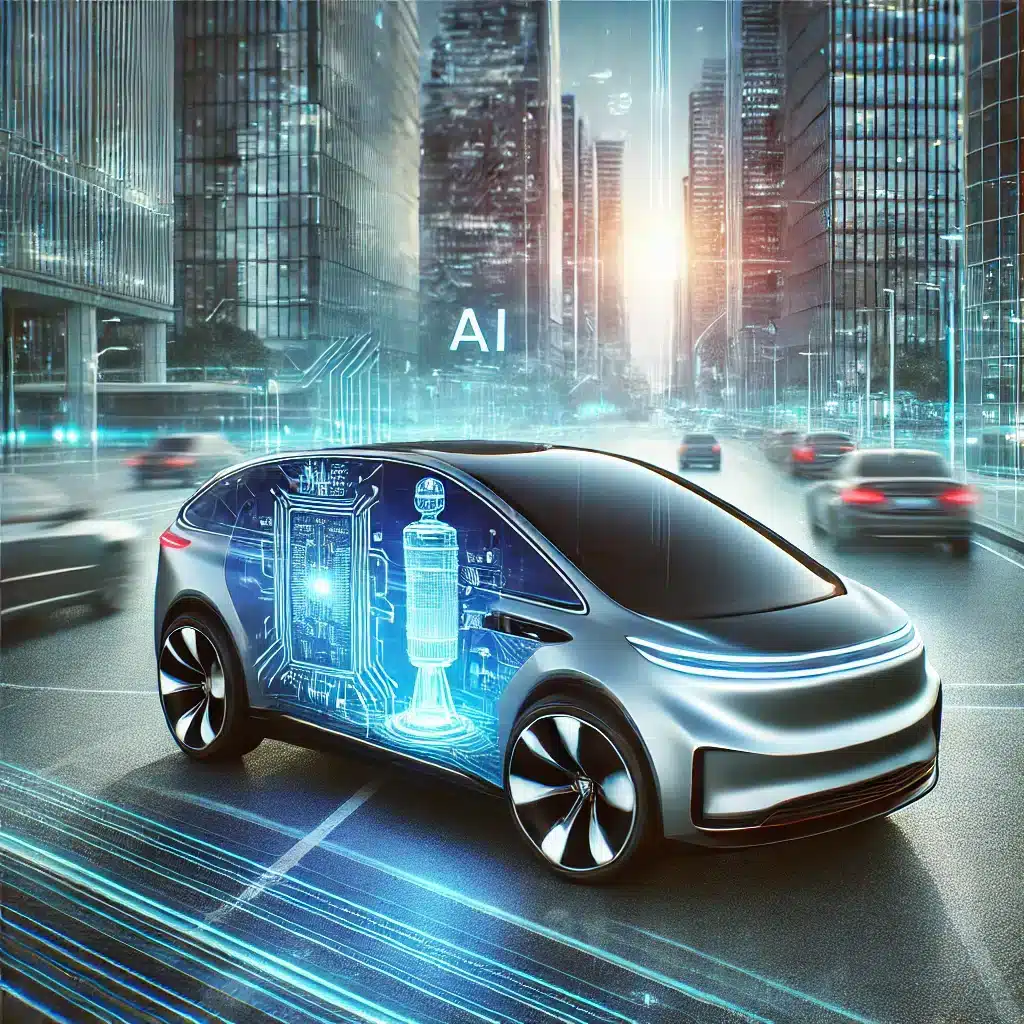Understanding AI Personalization in E-commerce
AI personalization is transforming the e-commerce landscape by crafting unique user experiences. As the digital marketplace grows, businesses harness AI to understand consumer behavior. Consequently, they deliver tailored content and product recommendations. This practice not only enhances customer satisfaction but also boosts sales. AI personalization is not only about convenience. It offers a competitive edge in today’s crowded market.
The Role of Consumer Data
Businesses gather vast amounts of consumer data. This includes browsing history, purchase behavior, and preferences. AI processes this data to predict future buying decisions. For instance, if a customer frequently browses electronics, AI can suggest related products. Thus, personalization aims to meet the user’s needs effortlessly. However, data privacy concerns persist alongside personalized marketing strategies.
Benefits of AI Personalization
Firstly, AI personalization improves user engagement. Customers feel valued when they receive relevant recommendations. Secondly, it increases conversion rates by reducing decision-making time. Moreover, predictive analytics can anticipate customer demand effectively. This proactive approach ensures inventory management aligns with consumer needs.
AI in Action: GoMate Humanoid Robot
AI finds applications beyond traditional e-commerce. A prime example is the GoMate humanoid robot developed by Guangzhou Automobile Group. This robot uses AI and deep learning to function in car manufacturing environments. As a result, it demonstrates AI’s versatility in optimizing processes. GoMate’s evolving capabilities highlight the continuous learning nature of AI technologies, similar to AI personalization adapting to individual preferences.
The Future of AI Personalization
AI personalization is set to revolutionize more industries. Furthermore, it will increasingly rely on advanced algorithms and machine learning. Nevertheless, companies must address ethical concerns surrounding data use. Embracing transparency can build consumer trust. In short, the future looks promising as AI continues to fine-tune the personalization process.
Conclusion
In conclusion, AI personalization is reshaping user experiences in e-commerce. By leveraging consumer data, businesses can provide bespoke services. The journey involves understanding consumer preferences and aligning them with product offerings. As AI continues to develop, its potential for personalization appears limitless. Ultimately, the integration of AI in strategic business planning cannot be ignored.
For more examples and insights, refer to humanoid robots in manufacturing.



